Getting to know ChildKind International: Intro to the International Certification Organization for Pediatric Pain
Julia Johnston, from ChildKind International, is your guide to understanding ChildKind's institutional certification process and creating access valuable resources.
The research is clear – pain is very common among babies and children in medical settings.
It’s estimated that 30%-50% of hospitalized pediatric patients experience moderate to severe pain, especially following surgery or other procedures.
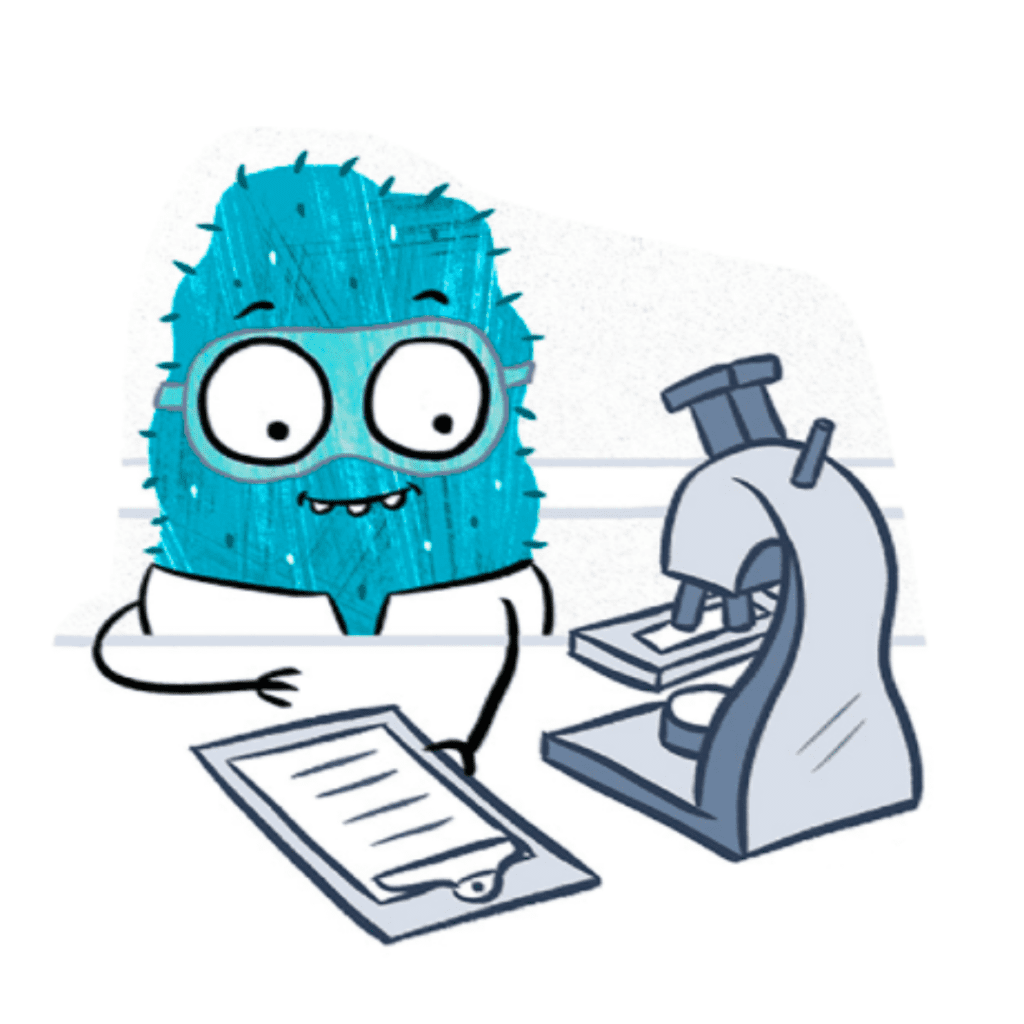
Even though this is common knowledge in the medical community, it’s also well-recognized that kids’ pain is very often poorly assessed, undertreated, or mismanaged.
This leads to unnecessary suffering, psychological scarring, and decreased quality of life for kids everywhere. Also very important: Undertreated or mismanaged pain in childhood can also lead to the development of long-term chronic pain.
ChildKind International is a global non-profit whose mission is to improve the quality of pediatric pain care around the world. At ChildKind International, we recognize that pain is real and work to ensure quality assessment, treatment, and patient advocacy. We believe it takes hospital commitment to make large-scale changes in how medical professionals treat pain.
ChildKind International is dedicated to addressing these issues by certifying medical institutions that can show they use the best practices in pediatric pain care. A ChildKind certification demonstrates to the world that the institution holds itself to a high standard and uses pain management best practices.
What’s the ChildKind certification process like?
It starts with a report called a gap analysis. This details current practices, and how far they are from the recommended best practices. This report highlights how the institution is in line with what we call the 5 Principles of ChildKind.
These principles include:
- An institutional commitment to pain prevention, assessment, and treatment.
- Ongoing educational programs and awareness initiatives on pain
- Use of evidence-informed, developmentally appropriate processes for assessment of acute and chronic pain.
- Specific evidence-informed protocols for pain prevention and treatment, including pharmacological, psychological, and physical methods.
- Regular institutional self-monitoring with the goal of continuous quality improvement.
The Application Process for Institutions
The application process should include an institutional commitment from the CEO down. This works best when everyone is on board and motivated! There is also an on-site audit of the facility by ChildKind pain management experts, and during the process, ChildKind mentors the applicant to help them successfully complete the application process.
What are the benefits?
Becoming ChildKind certified shows everyone that a hospital has a strong commitment to children’s pain relief. ChildKindcertified institutions have reported increased employee satisfaction, improved collaboration, and shared pain knowledge between different units and teams. Most importantly, they report improved patient experience. Senior leadership and staff are proud to say that they have earned ChildKind certification.
Addressing the Knowledge Gap
There are limited sources for practical, curated, evidence-based information for health professionals about pain management. As a result, many institutions, both well-resourced and poorly resourced, simply don’t have access to the current knowledge about pain treatment that can make a difference in patient care. This profoundly impacts not only the hospital and providers but the patient’s care and the family that supports the child.
A major goal of ChildKind is to improve pediatric pain care quality through knowledge sharing and collaboration. To support this goal, and increase access to the latest research and protocols, we developed the ChildKind Resource Library. The library provides essential pain assessment and treatment information and catalogues evidence-informed hospital policies and procedures so they can be accessible to other institutions and those interested in pediatric pain care.
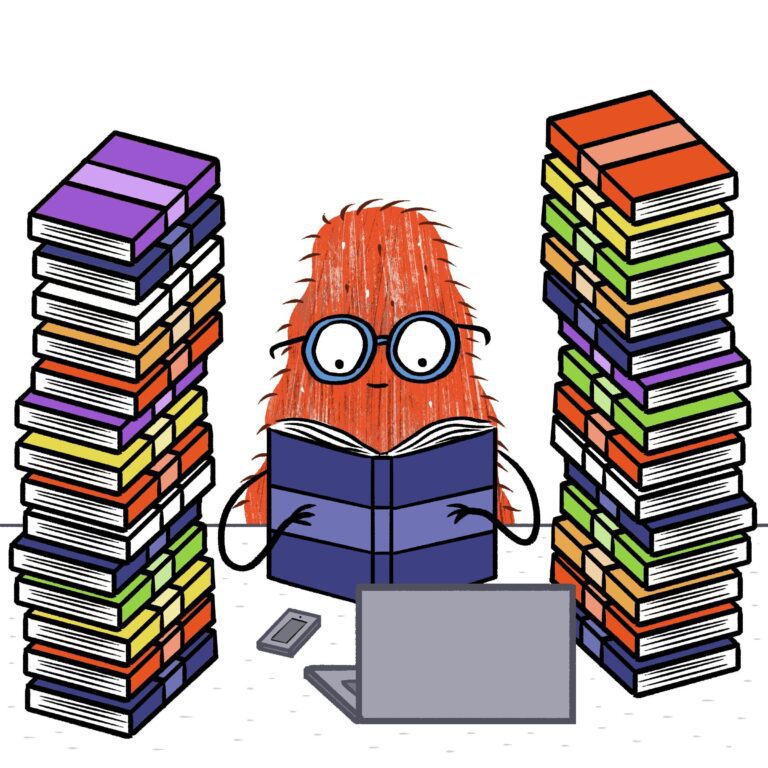
A Comprehensive Resource Hub
Because ChildKind was founded and is supported by leading pediatric professionals around the world, we are uniquely qualified to ensure the quality and scientific accuracy of the Resource Library. It also helps that all ChildKind hospitals are required to contribute to this free open-access library. Policies and protocols are categorized by the general category that they address, the specific type of pain, the type of document, and the intended age group.
The library has been a key part of ChildKind’s mission from its start and expert clinicians voluntarily assumed responsibility for it. Testimonies from healthcare providers have shown the resource library to be incredibly impactful when developing pediatric pain care guidelines, and it reduces barriers to institutions creating and enacting good policy. The library has exponentially grown and houses about a hundred policies, procedures, guidelines, and now multimedia videos thanks to the newest expansion.
It also includes educational materials in addition to policies and procedures, such as the Mayday-funded PRN curriculum developed by the Ann and Robert H. Lurie Children’s Hospital. Those accessing the library can have access to up-to-date information on pediatric pain by accessing slide decks and educational materials created by experts in the field.
Although the ChildKind library primarily focuses on professional information, the organization has partnered with The Meg Foundation, Comfort Ability Program, and Solutions for Kids in Pain (SKIP) to offer more specific parent and patient resources. To broaden its offerings ChildKind is thrilled to be collaborating with the Meg Foundation, which has a wealth of pain management and prevention resources for parents.

Visit the Resource Library
Here are just a few examples of the many great resources found in the ChildKind Library:
- Pain Assessment and Management submitted by Boston Children’s Hospital is an educational document that defines criteria on how to screen, assess, and reassess pain consistent with the child’s age, condition, and ability to understand.
- Neonatal Post-Operative Pain Guidelines created by the Hospital for Sick Children (SickKids) provides NICU clinicians with suggested pain and sedation management to implement after surgery through charts that use comprehensive algorithms for when to administer medication
- Parents, Speak up about Pain submitted by Seattle Children’s. In this video, parents and pain medicine experts offer guidance on how parents can actively participate and advocate to prevent and treat their child’s pain when receiving medical care.
As knowledge sharing through essential resource libraries housed by ChildKind and the Meg Foundation continues to grow momentum, so will the improvement of pediatric pain assessment and treatment. Continuing the discussion of how pain treatment should be made a priority is essential not just for clinicians, but rather all people interested in improving the prevention, assessment, and quality care of pain in children. Advocacy for pediatric pain must be approached on all levels.
ChildKind International is at the forefront of curating a culture that values quality pediatric pain assessment and treatment. Closing the gap between knowledge and practice is at the core of the organization’s work. The Certification Process and Resource Library serves as a framework for the path to excellence in care.
To learn how to become ChildKind Certified and access the Resource Library, visit their website at https://childkindinternational.org/
The ChildKind Resource Library is managed under the leadership of Julia Johnston, MPHC, the Knowledge Management Specialist. The Resource Library Committee is composed of pediatric professionals like Laura Rayner, RN, MN, a Clinical Nurse Specialist for the Vi Riddell Pain & Rehabilitation Centre at the Alberta Children’s Hospital (ACH) in Calgary, Alberta, Canada and Dr. Fional Campbell, MD, a Professor in the Department of Anesthesiology and Pain Medicine in the Faculty of Medicine, University of Toronto, and Medical Director of the Chronic Pain Program in the Department of Anesthesia & Pain Medicine at the Hospital for Sick Children, and Co-Director of the SickKids Pain Centre. Meredith Trant, MSW and Program Director for ChildKind International also supports the curation and development of the Resource Library.

Julia Johnston
Knowledge Management Specialist at ChildKind International
Julia Johnston has a background in communications, psychology, and mental health education, with experience in marketing and community health initiatives.

Julia Johnston
Knowledge Management Specialist at ChildKind International
Julia Johnston has a background in communications, psychology, and mental health education, with experience in marketing and community health initiatives.
You may also be interested in
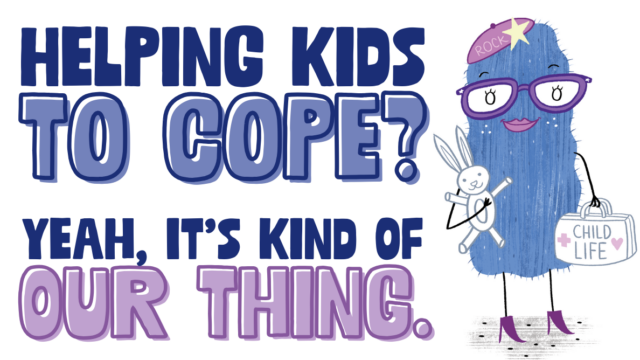
Blog Post
Helping Kids Cope? Yeah, It’s Kinda Our Thing
Child Life Specialists are the undercover superheroes of pediatric healthcare—and when they team up with the Meg Foundation? Let’s just say pain, fear, and anxiety don’t stand a chance.
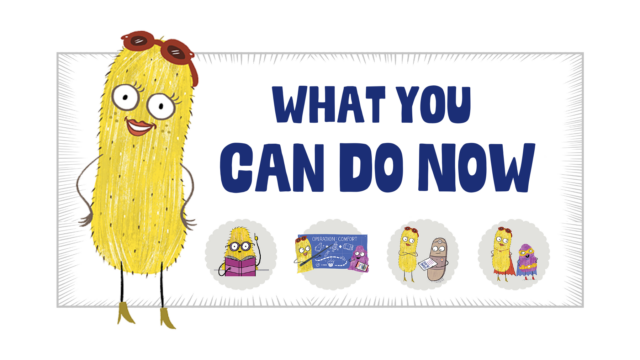
Blog Post
Chronic Pain Is On The Rise—Here’s What You Can Do About It Now
Earlier this week, The Washington Post featured a startling stat in their Big Number series: nearly 1 in 4 adults in the U.S. experienced chronic pain last year. And that is up from 20.4% in 2019! Let that sink in.
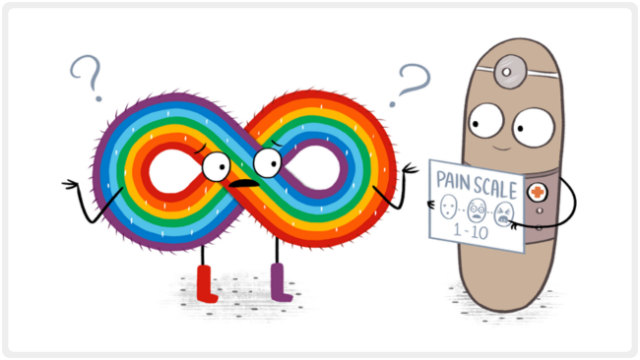
Blog Post
How Pain Affects Autistic People and What We Can do to Help
Danielle Hall from the Autism Society sheds light on the unique ways autistic individuals experience and communicate pain. Her insights help us understand why recognizing their discomfort can be challenging—and how we can better support them. Let’s dive into her guidance on providing more compassionate care.
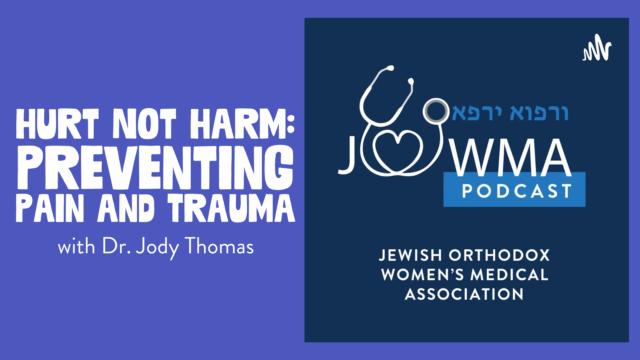
Podcast
Jewish Orthodox Women's Medical Association Podcast: Hurt, Not Harm, Preventing Pain and Trauma with Dr. Jody
Join Dr. Jody Thomas as she dives into the future of pain management, where psychology, proactive strategies, and virtual reality are transforming how we support kids through tough moments. From busting myths to sharing real patient success stories, this episode is packed with insights for anyone looking to prevent pain and trauma.
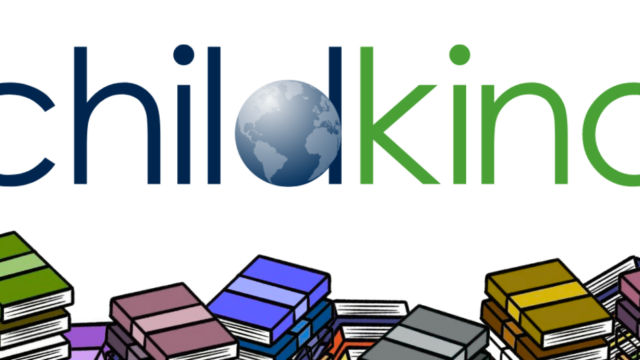
Article
The ChildKind Resource Library
Discover a wealth of tools and resources in ChildKind’s library to help healthcare professionals and parents manage pediatric pain effectively
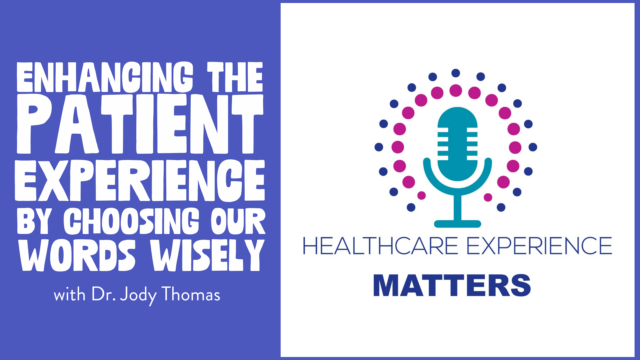
Podcast
Health Experience Matters Podcast: Enhancing the Patient Experience by Choosing Our Words Wisely
Discover how simple shifts in language can transform medical experiences for kids and families. Tune in as Dr. Jody shares practical tips to reduce anxiety and empower patients through the power of words.

Interested in helping us help even more people by putting our science backed resources out in the world? We need amazing people like you! Consider donating today!